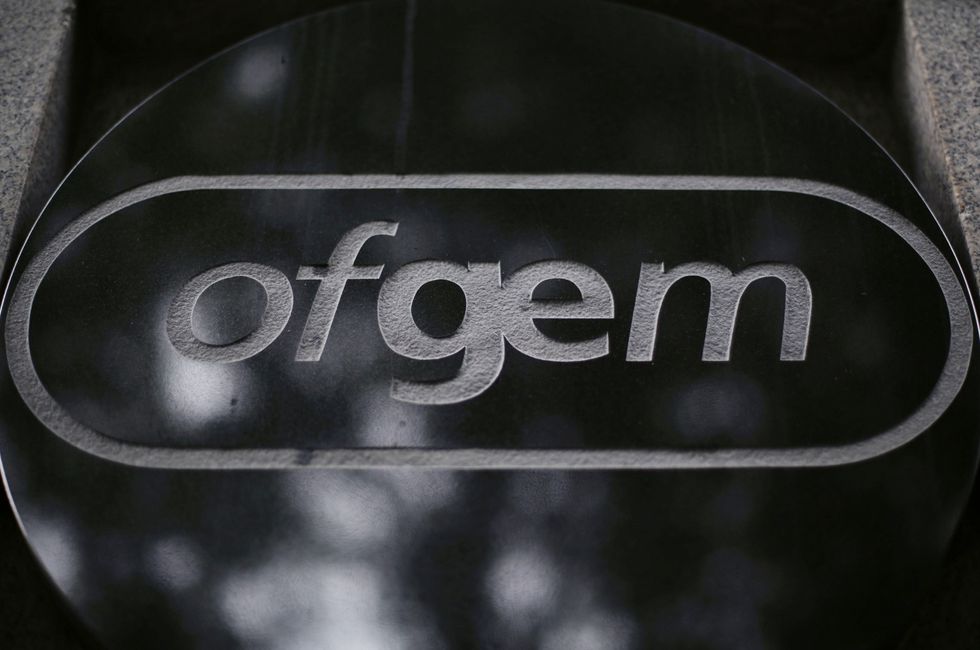Farage: Milliband's energy policies will hurt the UK worse than immigration
GB NEWS
Ofgem has confirmed the average household will pay more in January but which regions will pay the most in energy bills come the New Year
Don't Miss
Most Read
Trending on GB News
Shocking new research has revealed the regions in the UK that will be the worse hit by the latest energy price cap increase from Ofgem. Energy bills are set to rise again as the regulator confirmed earlier today that a 1.2 per cent hike will come into effect from January 2024.
As a result, the typical household bill will climb from £1,717 to £1,738 a year, adding further pressure to already stretched budgets across the UK during the ongoing cost of living crisis.
Energy experts at Utility Bidder have conducted comprehensive analysis to identify which regions are paying the most for their gas and electricity, as well as tracking price increases between 2019 and 2023.
The research reveals Merseyside & North Wales residents face the steepest combined energy costs, with annual bills reaching £2,586.
This study examined several factors, including regions with the highest annual bills, costliest unit prices, and most expensive fixed costs.
It also tracked areas that have experienced the most significant price increases over the past four years.
Do you have a money story you’d like to share? Get in touch by emailing money@gbnews.uk.

Certain regions in the UK will be worse hit by the pending price cap increase
GETTY
Here are the regions facing the highest electricity costs across the UK:
- Merseyside & North Wales - £1,353 per year
- South Scotland - £1,311 per year
- South West - £1,293 per year
- South East - £1,292 per year
- North Scotland - £1,288 per year.
Here are the regions with the highest gas bills in Britain:
- South Scotland - £1,245 per year
- North East - £1,240 per year
- West Midlands - £1,240 per year
- Southern - £1,239 per year
- Merseyside & North Wales - £1,233 per year.
LATEST DEVELOPMENTS:

The energy regulator has confirmed another hike is on its way
PAJames Longley, managing director at Utility Bidder, offered guidance on whether households should fix their energy tariffs ahead of the price increase.
"Earlier today, energy regulator Ofgem announced that the energy price cap will rise from £1,717 to £1,738 in January - an increase of 1.2 per cent," he said.
Longley noted that while more than 90 per cent of UK homes currently pay the standard tariff and full price cap, fixed rates could offer peace of mind. However, he cautioned that fixed rates come with potential drawbacks, including exit fees and the inability to benefit from falling energy prices.
He advised consumers to carefully compare deals through comparison sites before fixing their energy rates, emphasising this should only be considered "if you are locking in the cheapest rate."








